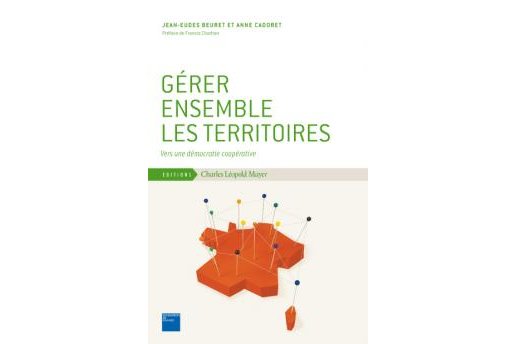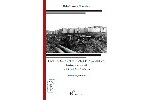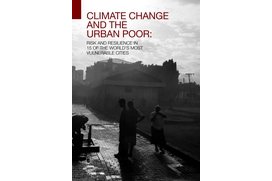El foco de este artículo es recoger analíticamente los debates existentes sobre el principio de Soberanía Alimentaria, en el que ha tenido una participación central el movimiento de mujeres campesinas internacional y latinoamericano, estableciendo un vínculo con el enfoque de derechos de las (…)
Soberanía Alimentaria: aproximaciones a un debate sobre alternativas de desarrollo y derechos de las mujeres
Pamela Caro



